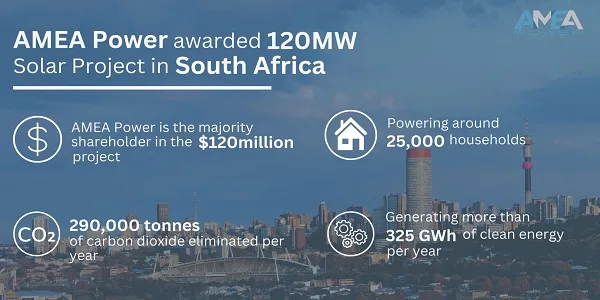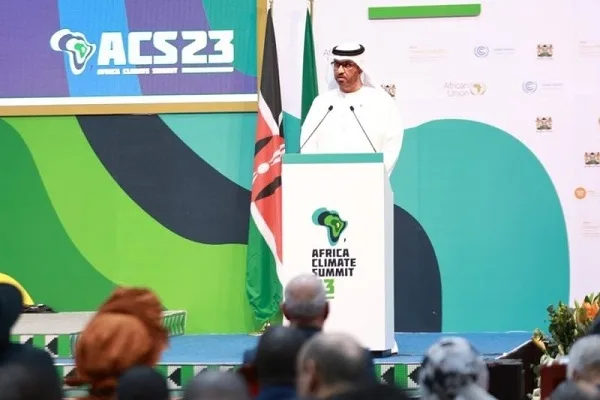UAE Commits $4.5 Billion for Climate Action in Africa Ahead of COP28
During the Africa Climate Summit (#ACS23) in Nairobi, President-Designate of #COP28 Dr Sultan al Jaber announced that the UAE has committed USD 4.5 billion towards promoting the #GreenTransition in Africa. The funds will originate from a public-private consortium consisting of Etihad Credit Insurance (ECI), Abu Dhabi Fund for Development (ADFD), Masdar and AMEA Power.
The funds are available for projects which are in line with the agenda of the upcoming COP28 which is scheduled to be held in Dubai from 30 November to 12 December 2023. This tranche is meant for the seven-year period until 2030 and will contribute to meeting the objective to triple climate finance globally during that period.
The key pillars of the COP28 Agenda are:
- Fast-tracking Energy Transition
- Fixing Climate Finance
- Focusing on People, Lives and Livelihoods
“This initiative builds on the UAE’s track record of commercially driven, innovative blended finance solutions that can be deployed to promote the adoption of clean energy in emerging and developing nations. This multi-stakeholder partnership approach is designed to accelerate sustainable economic progress, address the challenge of climate change and stimulate low carbon growth.”
COP28 President-Designate Dr Sultan al Jaber
The Fund will prioritize financing of projects in countries with a clear and realizable #EnergyTransition strategy and roadmap as part of a greener national energy master plan and supporting regulatory frameworks. Hopefully, this initiative will demonstrate the commercial viability of investing in the fight against #ClimateChange in Africa.
“The Initiative will serve as a scalable model that can be replicated to help put Africa on a superhighway towards low-carbon growth.”
Africa50 will act as a strategic partner to identify projects and connect to local implementing entities. Currently, the UAE has nearly USD 1.8 billion in clean energy projects in Africa in countries like Egypt, Angola, Senegal, Ghana, Ethiopia, South Africa, amongst others.

It is estimated that 600 million people do not have access to grid electricity in Sub-Saharan Africa. Promoting the access to electricity via renewable sources will ensure Africa moves along on the green development pathway.

